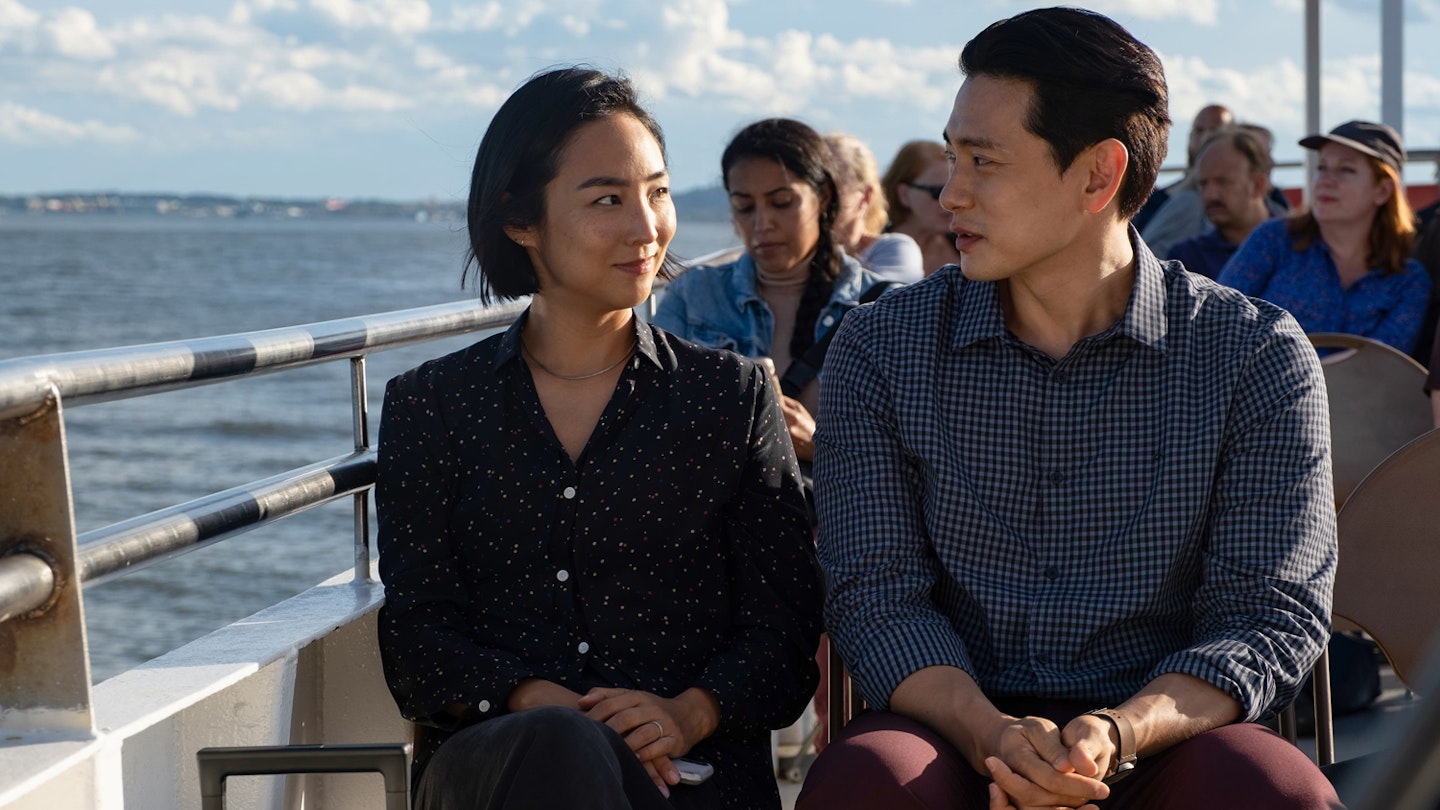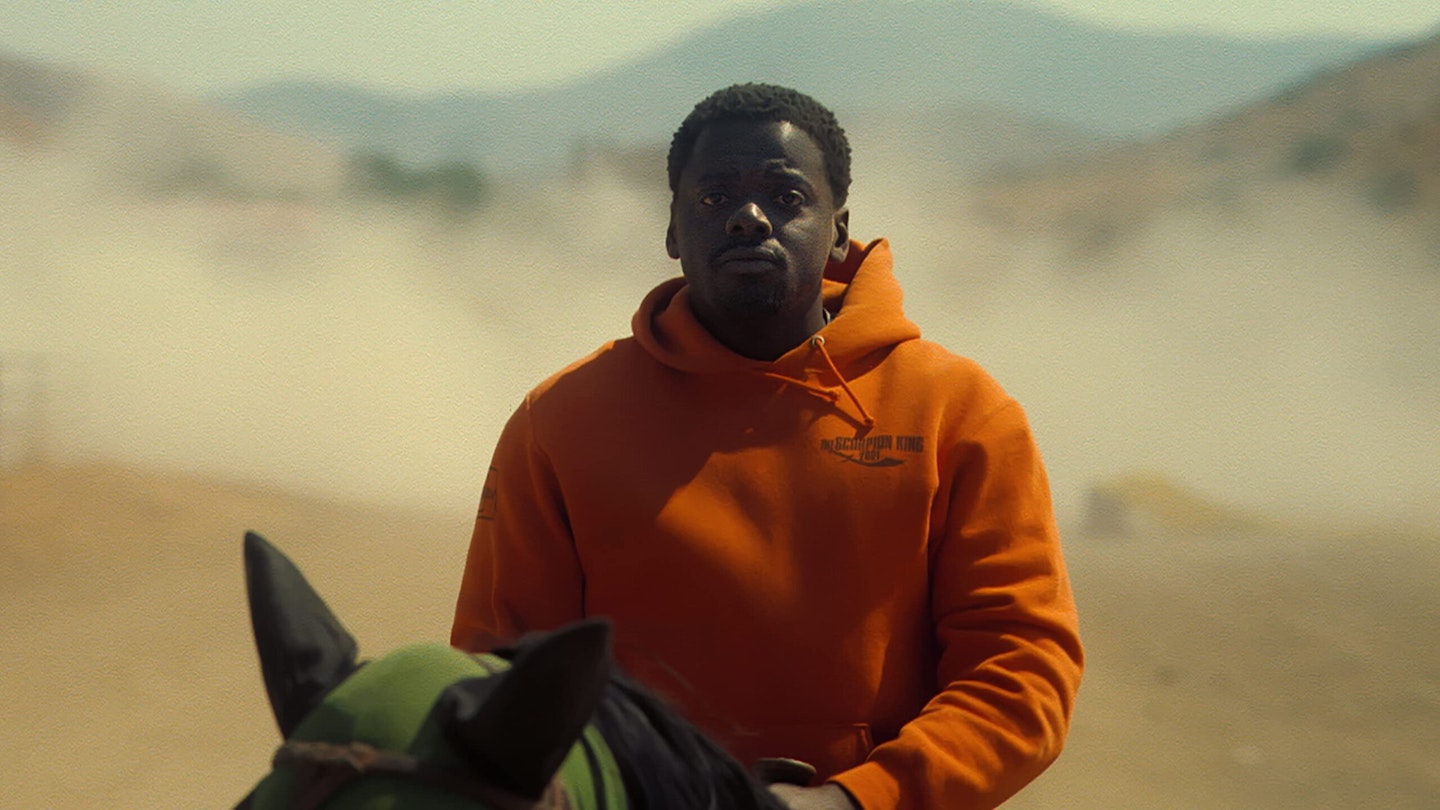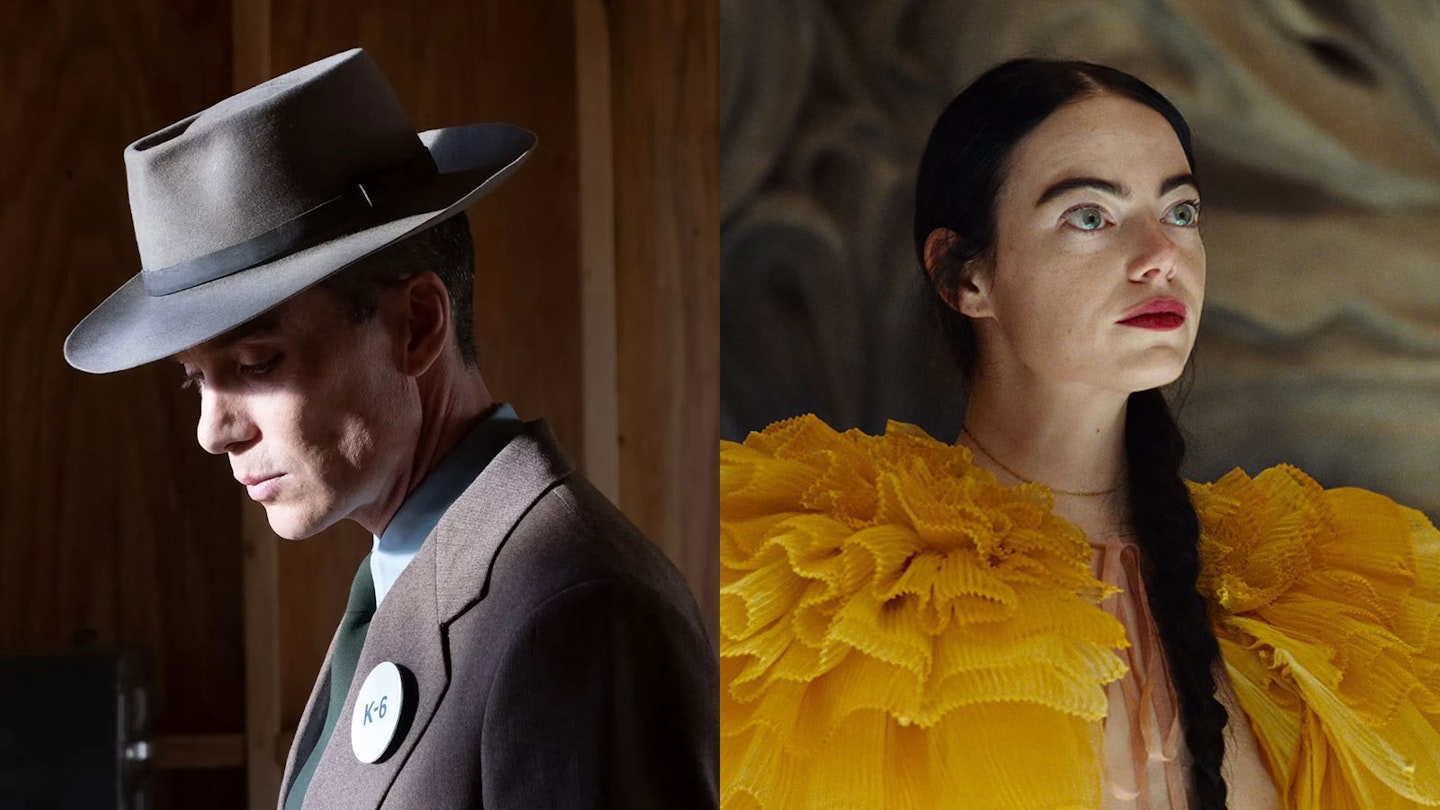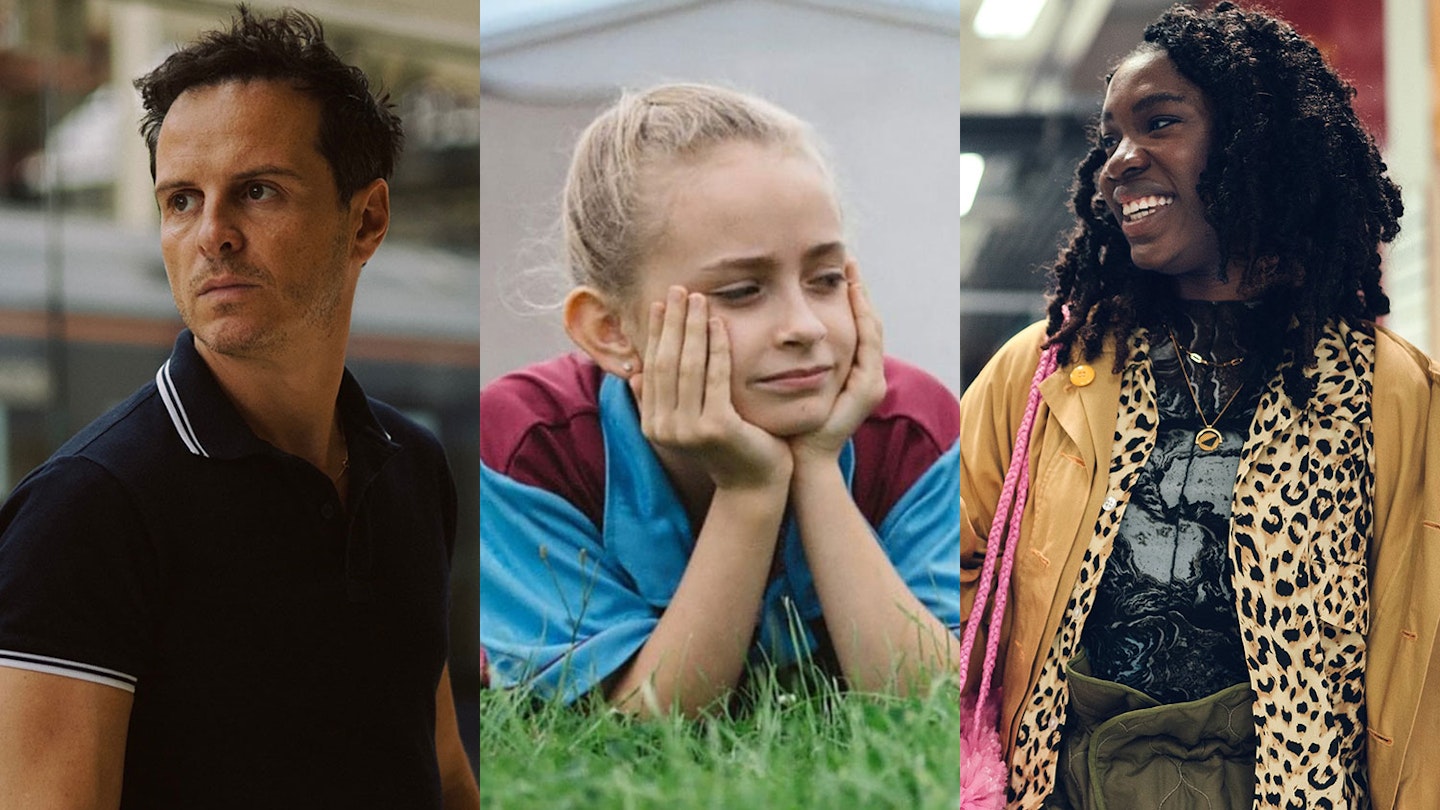On the heels of a typically outsized summer-blockbuster season — all atomic explosions, collapsing trains and extreme Ryan Gosling dye-jobs — arrives one of the quietest films of 2023. And, come the end of the year, one that will surely be counted among the very best. Celine Song’s Past Lives is delicate, slow-burning, powered by subtly changing facial expressions and conundrums of the heart. But such is its emotional punch, it leaves you reeling.

Song started out as a playwright (albeit a non-conventional one; in 2020 she directed a version of Chekhov’s The Seagull on Twitch, using Sims characters) and you can imagine Past Lives working well on stage. There’s lots of talking in rooms, and a tight focus on the three main characters: Korean turned New Yorker Nora (Greta Lee), American writer Arthur (John Magaro) and Hae Sung (Teo Yoo), Nora’s childhood best friend. But debuting filmmaker Song proves astonishingly adept at the language of cinema, unravelling the question posed in the opening scene — what are these three to each other? — in the most compelling way imaginable.
It aches with emotion, without ever being mawkish.
In a breezy prologue, we see friendship flourishing between young Nora (then called Na Young) and Hae Sung, the pair at one point playing together in a park full of looming sculptures. It’s all hopeful, fizzy with promise, Nora even announcing to her mother that one day she will marry him. Then, a bombshell. Nora’s family are emigrating West; the friendship, or more, is torn apart. In a haunting shot, the pair having parted ways, Nora walks up some stairs while on the other side of the frame Hae Sung trundles despondently forward, destined for a different path.
Flashing forward, the film enters the real core of the drama. Twelve years have zipped by. The ambitious Nora is now settled in her new life, aiming to write for the stage. For a lark, she decides to go online and look up some faces from the past. Her inevitable reconnection with Hae Sung, still back in Korea and less clear on what he wants from the future, proves to be like a lightning bolt, the chemistry between them over their initial Skype call so palpable it crackles. In a virtuoso montage, we see their rekindled relationship play out over a series of time-zone-blighted virtual conversations. The initially light mood, the feeling of anything being possible, slowly gives way to reality, the technology itself starting to break down as logistical fractures appear. Without being in the same country, how can they possibly move forward?

To say much more would be to spoil the story — like Brief Encounter or Edward Yang’s superlative Yi Yi (a thread of which is called to mind by Past Lives’ central dilemma), this is a plot-light but emotion-rich tale in which a character tries to figure out which conflicting impulse to follow. Here, it’s Nora who’s caught in the high winds, and while the two lead male actors are strong (Magaro’s sensitive Arthur, who in another film would be pushed to the sidelines, is richly drawn and complex), this is Greta Lee’s show: she’s magnificent in the role, by turns steely, fearful, yearning and impish. In one scene with Arthur, Nora explains the meaning of “inyeon”, a spiritual connection between two people based on interactions between their previous incarnations. “That’s just something,” she adds in a mischievous aside, “Koreans say to seduce someone.”
That wide spectrum of tones applies to Past Lives itself. It has things to say about the immigrant experience, without ever being heavy or didactic. It aches with emotion, without ever being mawkish (kudos to Grizzly Bear bandmates Christopher Bear and Daniel Rossen for their tinglingly beautiful score, which says things the movie’s protagonists don’t dare). At points, it even ekes big laughs out of its scenario.
The bulk of the credit must go to Song, who displays a light but masterful touch throughout. Shots and sequences in the third act echo ones we’ve seen earlier, but are freighted with new meaning. Not least a scene in another park, complete with more looming sculptures: it may be thousands of miles away from that one in Korea, but the years roll away instantly as Nora and Hae Sung see each other face to face for the first time in decades. “Whoa,” says Nora. Whoa indeed.








